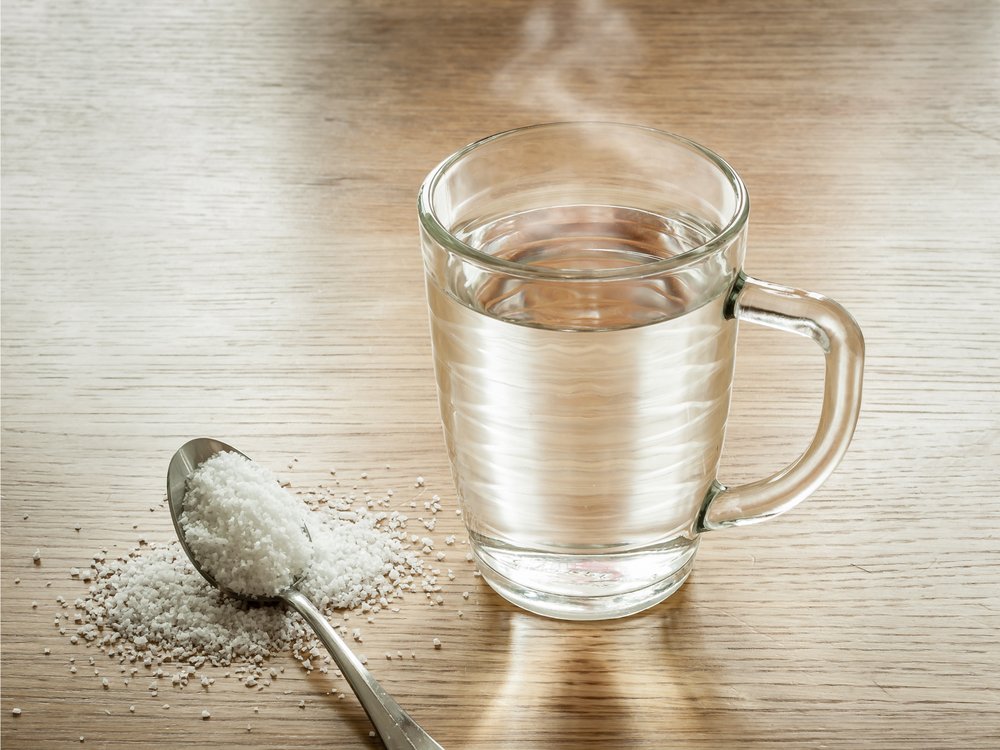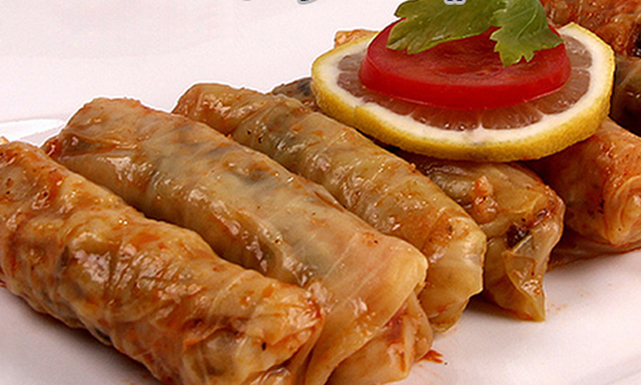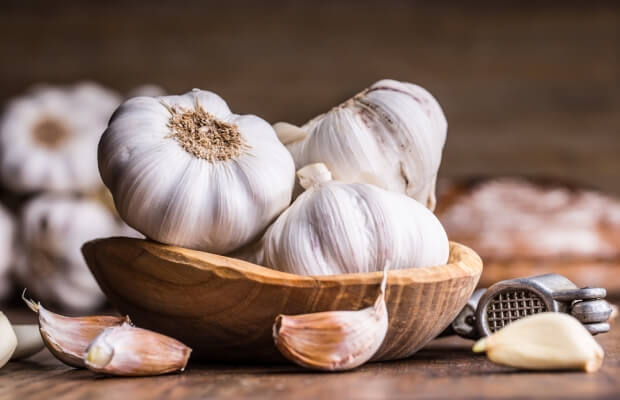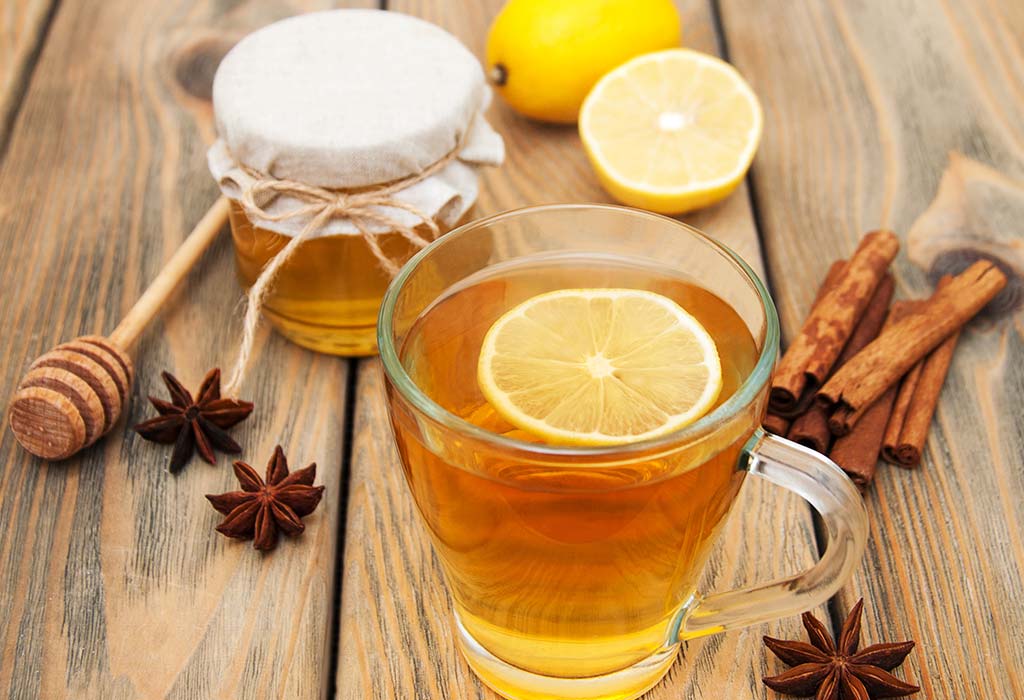As soon as news of the outbreak spread, various information starting emerging and spreading like wildfire, making it difficult to distinguish the real from the fake. A lot of the information that has been getting shared revolves around methods on how to prevent of the novel COVID-19 virus.
Naturally, human beings always look for ways to re-assure themselves under stressful situations, and so reading about how certain foods or remedies or rituals can prevent COVID-19 may be comforting and therefore susceptible to immediate belief. However, it is important to note that the way information is structured and shared makes all the difference.
There have been certain pieces of misinformation circulating that certain foods or remedies can help prevent or cure COVID-19, which is not entirely true. While most of the following foods and remedies mentioned certainly have general nutritional and health benefits as stand alone items, as of now there is no scientific evidence that any types of foods or remedies can directly prevent or cure the virus.
That being said, however, looking out for one’s health and diet are certainly beneficial in strengthening one’s immune system, and a strong immune system goes a long way in battling any virus.
Fesikh (Traditional Egyptian Fermented Fish)
There have been a few social media posts being shared about how consuming this traditional fermented fish may help in preventing coronavirus. Although fesikh may be a Sham el Nessim (akin to Easter holidays) favorite, this salty fermented fish will not actually help in preventing catching the novel coronavirus.
Generally speaking, the health benefits of fesikh has been continuously debated, with some saying that it is a deadly food that can lead to poison and (at times) death if not cleaned properly, and others saying that it actually carries a multitude of health benefits and can in fact strengthen one’s immune system. In any case, fish are known to be full of antioxidants and protein.
Water & Salt or Vinegar

One of the most circulated pieces of information is that if one simply drinks lots of water, or gargles daily with warm water and salt or vinegar, this will all help in preventing catching the coronavirus.
While drinking lots of water is in itself undoubtedly beneficial, there is no proof that drinking water and gargling with warm water and salt or vinegar will help prevent in catching the virus. It has been said that keeping one’s mouth and throat moist is important in fighting the virus and that drinking water and warm fluids will facilitate in transporting the virus to the stomach where it can be broken down by the stomach’s acids.
However, this is not entirely true and it is in no way a sure way of fighting off or preventing the virus from entering and affecting one’s body and health.
Cabbage

While cabbage has a number of health benefits, such as the fact that it is rich in nutrients such as vitamins C and K, this again does not mean that increasing one’s consumption of the vegetable will in turn help prevent catching coronavirus.
In Egypt, cabbage is a beloved food item, especially in its most popularly known form as a stuffed cabbage leaves dish. This is perhaps why this piece of information particularly resonated amongst Egyptians. However, as beneficial and delicious as it may be, cabbage will not directly fight off or prevent COVID-19.
Garlic

Garlic is again one of those food items that has been heavily circulated globally as being key in fighting off or preventing coronavirus. While garlic also has a number of health benefits, and has even been known to aid in combating the common cold, it will not directly prevent one from catching coronavirus.
On a general note, garlic is nutrient-rich and has been known to be used for medicinal purposes and remedies. That being said, even the World Health Organization (WHO) stated that, “garlic is a healthy food that may have some antimicrobial properties. However, there is no evidence from the current outbreak that eating garlic has protected people from the new coronavirus.”
Warm Lemon Juice & Honey

This remedy is another piece of information that has widely circulated since the outbreak. While drinking warm fluids, lemons or lemon juice and honey are all beneficial in their own rights, there is again no evidence to prove that consuming warm lemon juice with honey will directly prevent a person from catching coronavirus.
Lemons are greatly beneficial for one’s health and diet, being rich in vitamin C, and honey is also rich in antioxidants and is known to have a number of other health benefits, so surely consumption of both of these items does a lot of good. However, increasing one’s consumption of them will not necessarily prevent or stop anyone from catching coronavirus.
It is important to reiterate once again that while all of the above foods or remedies may not directly fight off or prevent people from catching the novel coronavirus, maintaining a healthy diet and lifestyle will undoubtedly help in strengthening one’s immune system. This will in turn be beneficial in combating the virus more diligently and effectively in the case of infection.






Comment (1)
[…] egyptianstreets.com […]